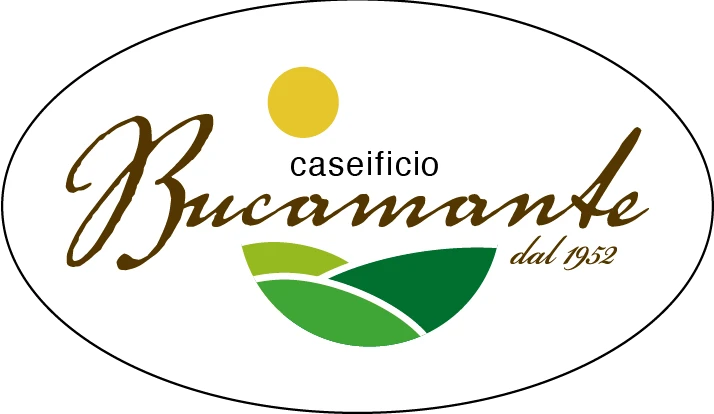1. What distinguishes mountain Parmigiano Reggiano?
Parmigiano Reggiano from the mountains is distinguished by a whiter paste. This valuable characteristic derives mainly from the fodder harvested, and thus consumed by the cows, in unspoilt mountain farming areas, far from industry and pollution. Only in this specific area, on the alfalfa that feeds the cows, do the ‘good’ lactic acid bacteria live. The secret is to transfer them from the grass to the cows to the milk and then to the cheese, in an absolutely natural way. This is what has made Parmigiano Reggiano unique for almost a thousand years.
2. What are the nutritional values?
Parmigiano Reggiano is a 100% natural cheese composed of 30% water and 70% nutrients.
For an adult eating a healthy, balanced diet of 8400kJ/2000kcal, a 25g portion of Parmigiano Reggiano covers 36% of the calcium requirement and 24% of the phosphorus requirement. A large part of the nutritional component is protein (32 g for 100 g of product).
3. Is Parmigiano Reggiano gluten- and lactose-free?
It is completely free of it, irrespective of seasoning and biodiversity, and can therefore also be consumed by people suffering from coeliac disease, a chronic disease with an autoimmune reaction to gluten, without posing an additional risk to their health.
‘Parmigiano Reggiano is naturally lactose-free. The absence of lactose is a natural consequence of the typical process of making Parmigiano Reggiano. It contains galactose in quantities of less than 0.01g/100g’. This is the wording that can be put on the label of Parmigiano Reggiano, following the decisions of the Ministry of Health.
There are natural microbiological conditions whereby lactose is absent in Parmigiano Reggiano, right from the first days. Lactose is a sugar, normally present in milk. In the Parmigiano Reggiano production process, lactose is fermented by the microflora of lactic acid bacteria in the first 48 hours after processing. This is known as lactic fermentation, during which the lactic acid bacteria, naturally found in milk, transform the lactose sugar into lactic acid in the first two days of production.
Scientific research also confirms these claims.
• Studies carried out by Giovanni Valentino Coppa of the Marche Polytechnic University, using a more sensitive method of analysis, have also shown that Parmigiano Reggiano is a lactose-free product to which an increasing number of people have intolerances, some of them particularly severe. Analyses carried out by Prof. Coppa on several samples of Parmigiano Reggiano – analysed at different stages of maturation, i.e. from 1 to 36 months – show that the lactose content is more than a hundred times lower than found by Pecorari and others.
• In addition, the Consortium periodically tests random samples of Parmigiano Reggiano for lactose content.
4. Is Parmigiano Reggiano healthy and allergen-free?
Parmigiano Reggiano therefore confirms itself as a cheese that is not only not bad for you, as in the case described above of coeliacs or lactose intolerant people who can eat it without any risk to their health, but that is also very good for you thanks to its many characteristics. Parmesan contributes to maintaining the well-being and healthiness of our organism, we can highlight the total absence of additives.
All this happens because the artisanal method of processing Parmigiano Reggiano is as ancient as it is simple and, starting with a raw material of the highest quality and harvested on site, therefore very fresh, it does not involve any kind of industrial processing.
5. What are the differences between Parmigiano Reggiano and Grana Padano?
1. Production in 5 provinces The production area of Parmigiano Reggiano is more limited: the provinces of Parma, Reggio Emilia and Modena and part of the province of Mantua (to the right of the Po) and Bologna (to the left of the Reno). Grana Padano can be produced by dairies in 33 provinces in Lombardy, Veneto, Piedmont, Emilia-Romagna and Trentino Alto Adige (limited to the province of Trento and some municipalities in the province of Bolzano).
2. No additives Parmigiano Reggiano is produced without additives: in the production regulations, even those of natural origin are forbidden. Grana Padano allows the use of lysozyme, a protein extracted from the albumen of hen eggs to control unwanted fermentation.
3. Grass and hay only In Parmigiano Reggiano the cattle fodder is exclusively hay and grass (alfalfa and permanent grass), without the use of silage or fermented fodder. In Grana Padano, the feed also includes the use of silage.
4. Minimum and Average Maturation In Parmigiano Reggiano the minimum maturation is 12 months, the product can reach long maturations (24, 30 months and more, with no limit) and consumption is on average over 24 months. Grana Padano is marked at 9 months and average consumption is 15 months.
5. ONLY natural whey starter In Parmigiano Reggiano cheese dairies, only natural whey starter is used as a bacterial starter for strengthening the microbiological process. In Grana Padano, lactic acid bacteria isolated in the laboratory from natural whey starter in the cheese dairies are also permitted, with a limit of 12 times per year.
6. Quality control In Parmigiano Reggiano, the selection carried out by the Consortium during expertisation (suitability assessment) at 12 months takes place on all the wheels (100% quality control) while in Grana Padano, the selection at 9 months only takes place on a part of the wheels.
7. Cheese factories and annual production In 2019, 3.754.192 wheels of Parmigiano Reggiano were produced in 321 cheese factories, while Grana Padano produced 5.164.759 wheels in 128 cheese factories.
